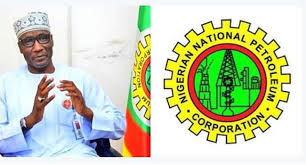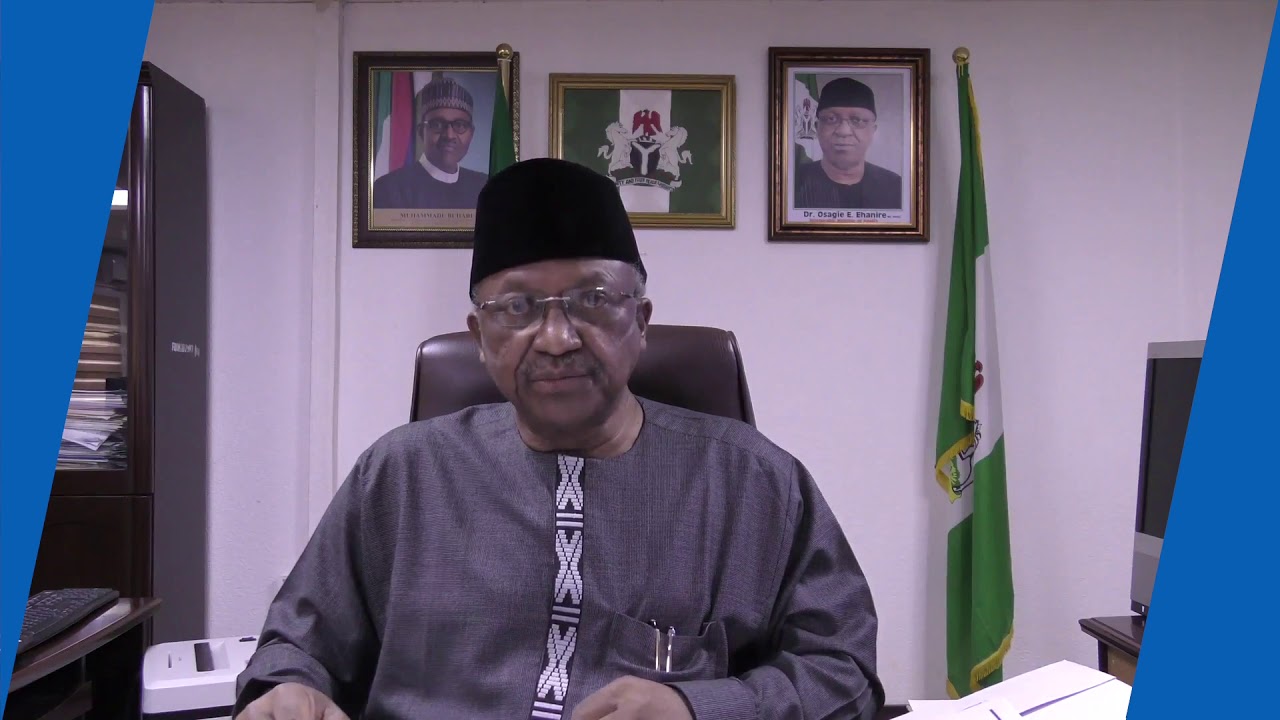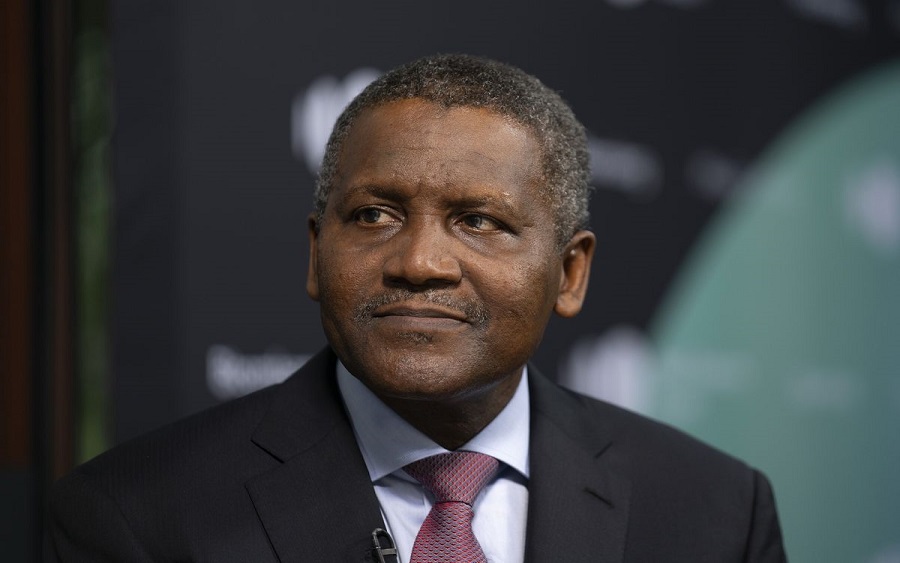‘How Nigeria can cope with plummeting crude oil prices’

-
Eliminate oil theft and leakages in the system
-
Optimize supply chain
-
Introduce alternative energies
-
Maintenance of distribution infrastructure
-
Passage of the Petroleum Industry Bill
-
Remove fuel subsidy
-
Bring in multiple players to participate in importation
Oil marketers, under the umbrella of the Major Oil Marketers Association of Nigeria (MOMAN), has said that the global reduction in crude oil prices has presented Nigeria with the opportunity to reform and restructure its petroleum downstream industry.
Mr Tunji Oyebanji, MOMAN’s chairman, said this in a briefing with media on the opportunities for Nigeria to take advantage of the reduction of crude oil prices at the international market.
He said that the drop in crude oil prices would also open up petrol (PMS) importation by bringing multiple players to participate in importation, while appealing to government to review industry margins.
“Removing fuel subsidy at the period of drop in prices would eliminate waste, address the issue of low margin of marketers as well as set the country on the path of determining appropriate pricing for the product in the country”, he said.

Tunji Oyenbanji with NNPC Group Managing Director Kyari
Oyebanji also called on the need for the restructuring of the nation’s downstream oil industry in order to set it on the path to sustainability.
According to him,“the elimination of oil theft and leakages in the system, the optimization of the supply chain, the introduction of alternative energies and the regular and consistent maintenance of the distribution infrastructure are all necessary aspects of this downstream reform, which the passage of the Petroleum Industry Bill will provide an opportunity for the country to resolve once and for all’’
According to him, MOMAN believes that an immediate increase in margins is necessary to halt further degeneration of the petroleum distribution infrastructure.
Oyebanji, who is also the Chief Executive Officer, 11Plc, said his group recently attended a working session with the Group Managing Director of the Nigerian National Petroleum Corporation (NNPC), Mallam Mele Kyari on the ills in the nation’s downstream petroleum industry. He expressed that MOMAN will not support fuel theft, fuel adulteration or illegal refining of petroleum products by unlicensed entities.
He added that MOMAN would collaborate with its business partners such as dealers and transporters to support the federal government and the Nigerian National Petroleum Corporation (NNPC) to eliminate these malpractices.
He expressed MOMAN’s support to the federal government’s drive for the full exploitation of the country’s gas reserves including deepening the use of Liquefied Petroleum Gas (LPG) and Compressed Natural Gas (CNG) in the country.
MOMAN will not support fuel theft, fuel adulteration or illegal refining of petroleum products by unlicensed entities
He said that his group was prepared to invest in the safe installation of Liquefied Petroleum Gas (LPG) facilities in its stations across the country, adding that the development will eliminate the unsafe practice of dispensing cooking gas through unlicensed roadside vendors.
‘’With respect to Compressed Natural Gas (CNG), MOMAN encourages immediate engagements with the private sector to identify policy measures that will make deployment of CNG at retail outlets a reality for the country in the shortest possible time. MOMAN will collaborate with government and other stakeholders in implementing any such initiative,” he added.
He also announced that MOMAN has partnered with the Nigerian National Petroleum Corporation and NARTO to float truck fleet renewal plan, stressing that the partners would engage the finance industry on funding the scheme for the country.
He added that the programme would contribute significantly to the reduction of loss of lives and property, engendered by the distribution of petroleum products in the country.
“Ultimately, the degradation and deterioration of the truck fleet as well as the inability of the downstream oil industry to upgrade its equipment and facilities, presents a risk to the distribution infrastructure. Refineries, depots, pipelines, trucks and filling stations are all in need of regular maintenance and upgrade. These maintenance and upgrade are funded by industry margin”, he said.
The Insight Report
Nigeria Coverage



